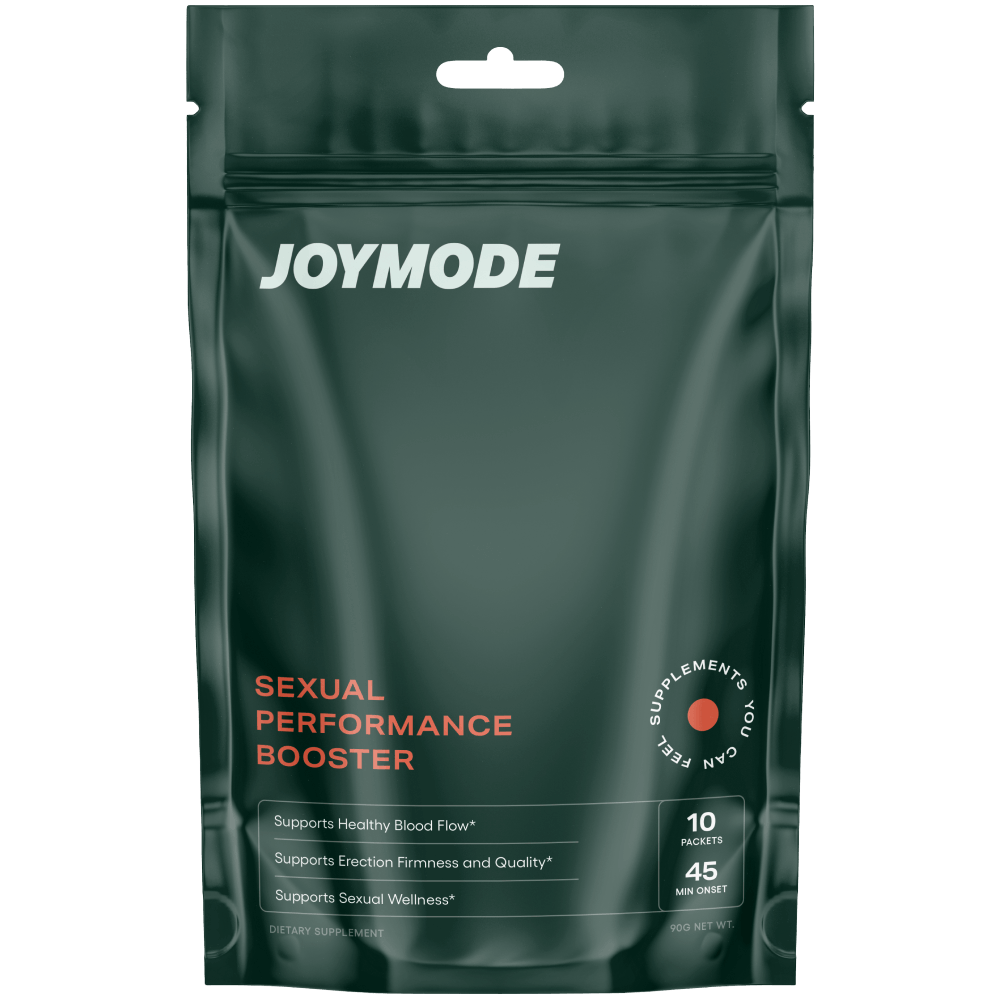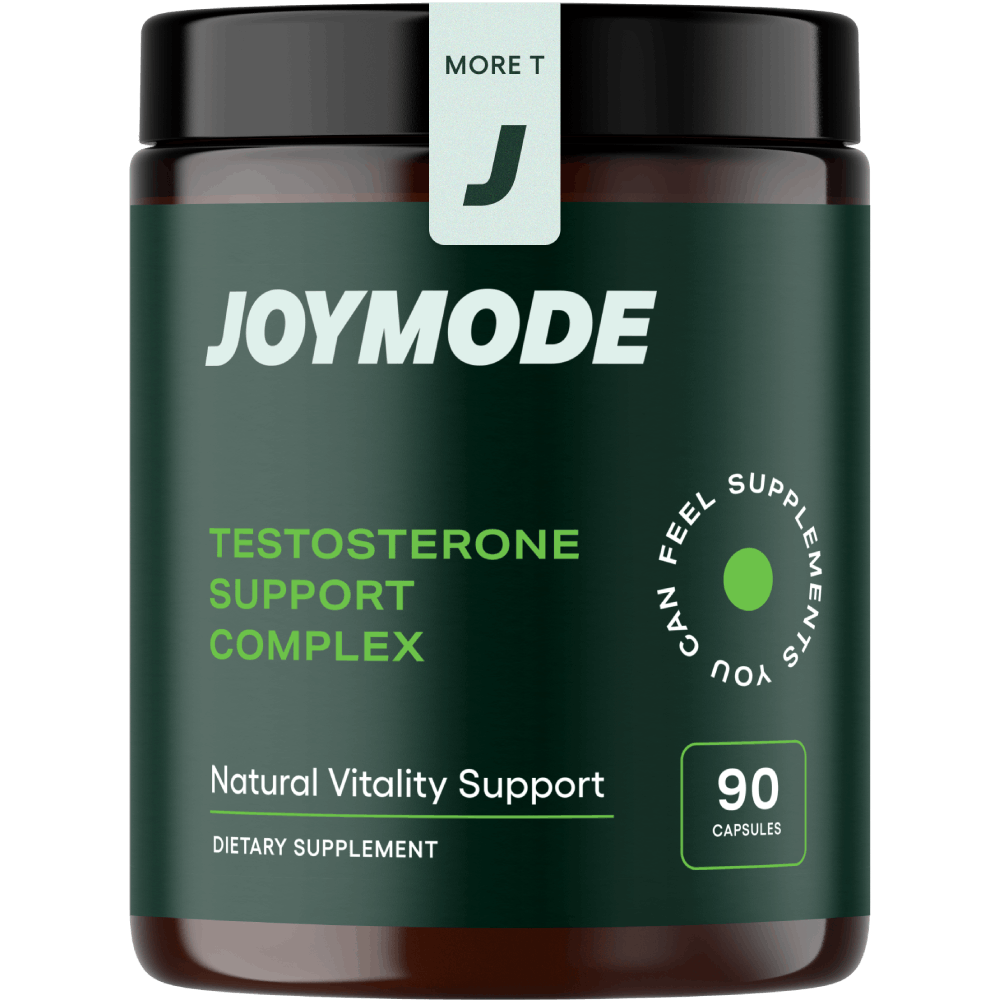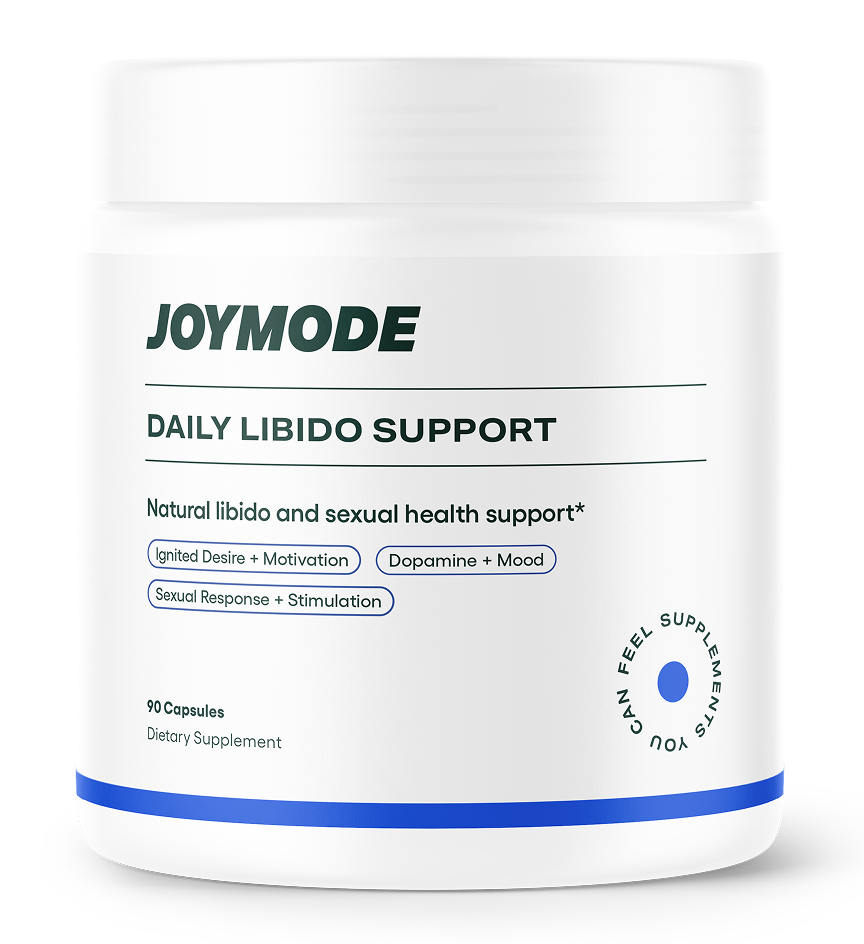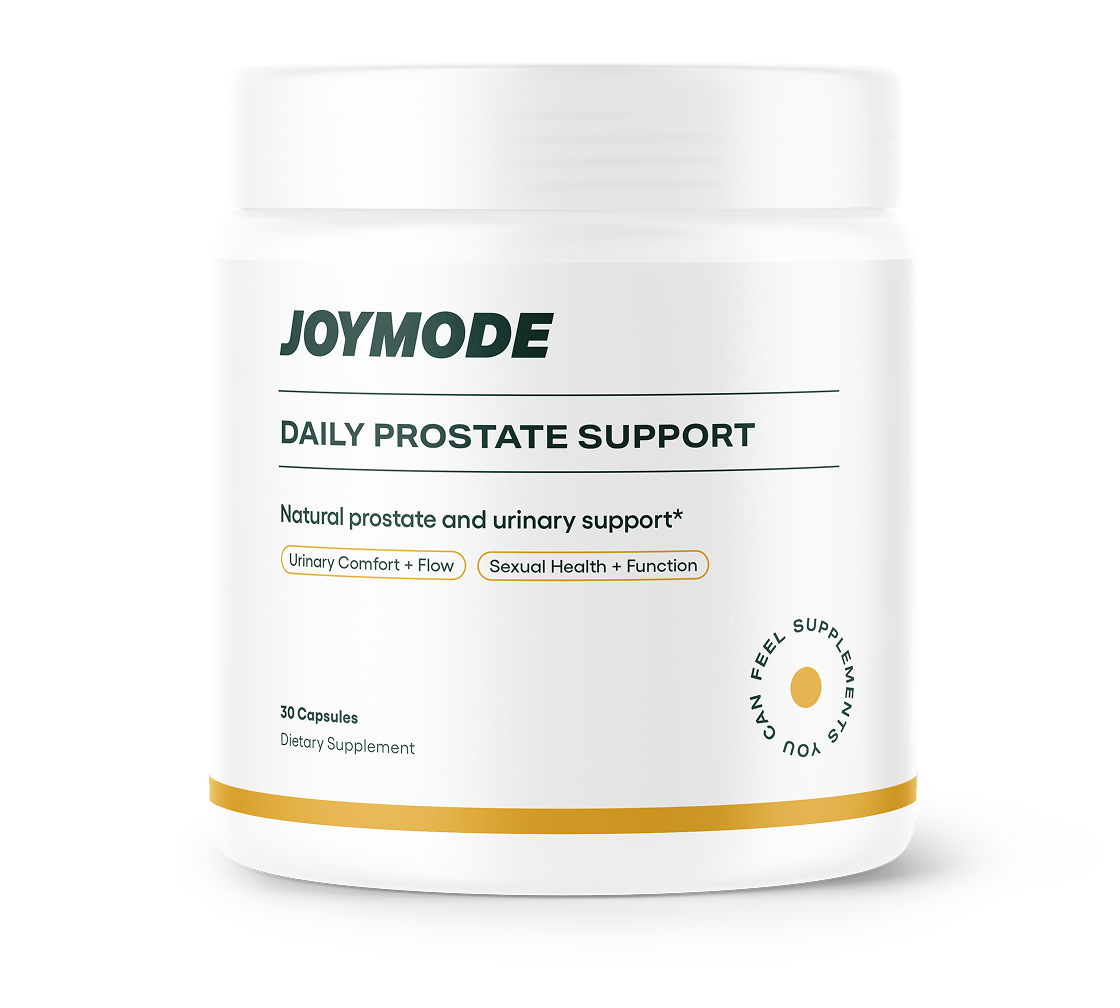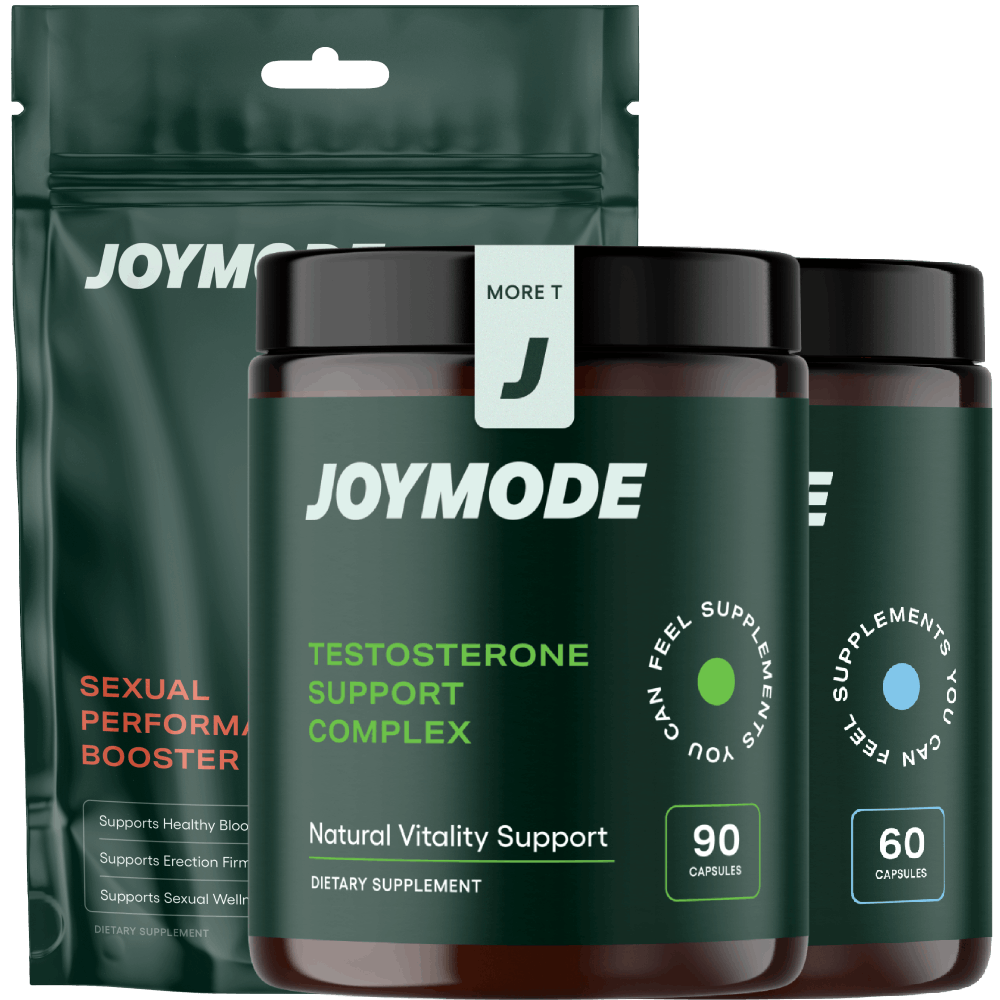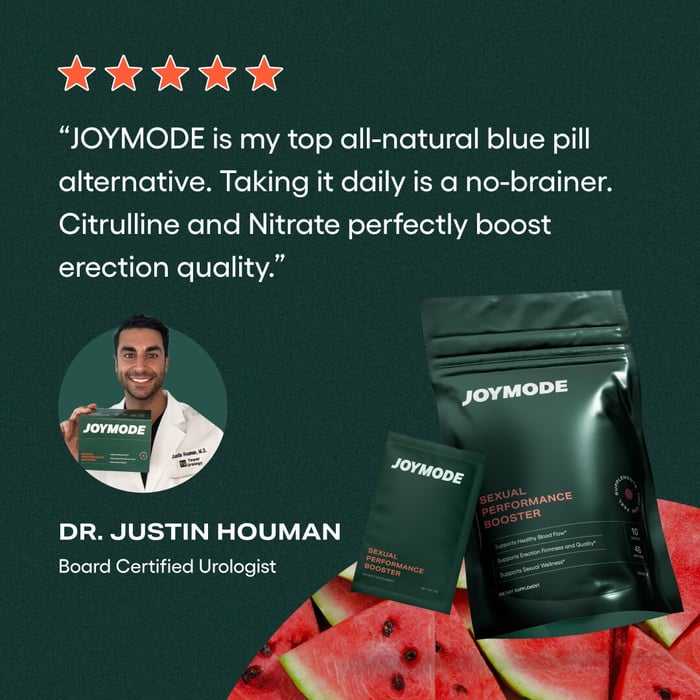Table of Contents
- What is L-Arginine?
- The Role of L-Arginine in the Body
- L-Arginine Dosage per Day for Erectile Dysfunction (ED)
- L-Arginine Dosage Guidelines for ED
- L-Arginine and Cardiovascular Health
- Additional Health Benefits of L-Arginine
- Natural Sources of L-Arginine
- Potential Side Effects and Interactions
- FAQs About L-Arginine
- Conclusion and Next Steps
L-Arginine is a semi-essential amino acid that's been making waves in the health and wellness sphere. But what exactly are the health benefits of L-Arginine?
This amino acid plays a crucial role in your body. It's involved in protein synthesis and serves as a precursor to nitric oxide. This compound helps your blood vessels relax and improves circulation.
The health benefits of L-Arginine are vast and varied. From boosting cardiovascular health to aiding in wound healing, it's a supplement worth considering. It's even been used as a natural remedy for erectile dysfunction.
But like any supplement, it's essential to understand how to use it safely. That's where this guide comes in. We'll explore the benefits, dosage guidelines, and potential side effects of L-Arginine.
Whether you're a fitness enthusiast, someone seeking natural remedies, or just curious about nutrition, this article is for you. Let's dive into the world of L-Arginine and its health benefits.
What is L-Arginine?
L-Arginine is an amino acid, the building blocks of proteins. It's classified as semi-essential, meaning your body usually makes enough of it. However, in certain situations, your body might need more than it can produce.
This amino acid is found in many foods. Red meat, poultry, fish, and dairy products are all rich sources of L-Arginine. It can also be obtained through supplementation, which is often recommended for specific health conditions.
One of the key roles of L-Arginine is its contribution to nitric oxide production. Nitric oxide is a compound that helps your blood vessels relax. This, in turn, improves circulation throughout your body.
L-Arginine also plays a role in other bodily functions. It aids in wound healing, helps remove waste products from the body, and supports the immune system. It's a versatile amino acid with a wide range of benefits.
In the following sections, we'll delve deeper into these benefits. We'll also discuss how to safely supplement with L-Arginine and what to consider when doing so.
The Role of L-Arginine in the Body
L-Arginine plays several crucial roles in the body. It's involved in various metabolic processes that contribute to overall health and well-being.
One of its primary functions is serving as a precursor to nitric oxide. Nitric oxide is a potent vasodilator, meaning it helps blood vessels relax and widen. This function is crucial for maintaining healthy blood pressure and promoting efficient blood flow.
L-Arginine also plays a role in the immune system. It aids in T-cell proliferation, which is essential for a robust immune response. This makes L-Arginine a key player in your body's defense against pathogens.
Here are some of the key roles of L-Arginine in the body:
Precursor to nitric oxide, promoting healthy blood flow
Supports immune function by aiding T-cell proliferation
Involved in wound healing and tissue repair
May improve glucose metabolism and insulin sensitivity
Plays a role in the removal of waste products from the body
Understanding these roles can help us appreciate the potential health benefits of L-Arginine. In the next sections, we'll explore these benefits in more detail.
L-Arginine Dosage per Day for Erectile Dysfunction (ED)
Erectile dysfunction (ED) is a common health issue that many men face. It can be caused by a variety of factors, including poor blood flow to the penis. This is where L-Arginine comes into play.
L-Arginine is often used as a natural remedy for ED due to its vasodilatory effects. Remember, it's a precursor to nitric oxide, a compound that helps blood vessels relax. This improved circulation can potentially enhance erectile function.
Several studies have explored this potential benefit. Some have found that L-Arginine supplementation can improve ED symptoms in some men. However, results vary, and it may not work for everyone.
It's also important to note that while L-Arginine may help with ED, it's not a cure-all solution. ED can be a complex condition with various underlying causes. Therefore, it's crucial to consult with a healthcare provider for a comprehensive treatment approach.
In conclusion, the health benefits of L-Arginine could be a helpful supplement for some men dealing with ED, in addition to daily wellness benefits. Its role in nitric oxide production and blood flow may enhance erectile function, as well as a variety of benefits for cardiovascular and heart health.
L-Arginine Dosage Guidelines for ED
When it comes to using L-Arginine for ED, dosage matters. The standard dosage often cited is between 3 to 5 grams per day. This amount is generally considered safe and effective for most individuals.
However, it's important to remember that everyone's body is different. What works for one person may not work for another. Therefore, it's crucial to start with a lower dose and gradually increase it as needed.
It's also worth noting that L-Arginine can interact with certain medications, such as blood pressure drugs and nitrates. So, if you're on any medication, it's essential to consult with your healthcare provider before starting L-Arginine supplementation.
In conclusion, while L-Arginine can potentially help with ED, it's important to use it responsibly. Always follow dosage guidelines and consult with a healthcare professional to ensure safe and effective use. To that end, we've specifically formulated our Sexual Performance Booster to include the ideal dosage as a natural supplement for daily use, making it a popular choice for those seeking a natural solution to ED.
L-Arginine and Cardiovascular Health
One of the most well-known health benefits of L-Arginine is its potential to improve cardiovascular health. This is largely due to its role in producing nitric oxide. Nitric oxide is a compound that helps blood vessels relax, improving circulation and potentially lowering blood pressure.
Some studies suggest that L-Arginine supplementation may help lower blood pressure in some individuals. This is particularly beneficial for those with hypertension, a condition characterized by consistently high blood pressure.
However, it's important to note that while L-Arginine may help manage blood pressure, it's not a substitute for prescribed medication. Always consult with a healthcare provider before starting any new supplement regimen, especially if you have a pre-existing condition like hypertension.
L-Arginine may also have potential benefits for people with congestive heart failure. Some research suggests that it may improve kidney function in these individuals. This is crucial as kidney health is often compromised in heart failure patients.
Furthermore, L-Arginine could help manage symptoms of intermittent claudication in peripheral arterial disease. This condition, characterized by leg pain during exercise, can be debilitating. L-Arginine's vasodilatory effects may improve blood flow to the affected areas, reducing symptoms.
In summary, L-Arginine's role in cardiovascular health is multifaceted. It may help manage blood pressure, improve kidney function in heart failure patients, and alleviate symptoms of peripheral arterial disease. However, more research is needed to fully understand these benefits and their implications for cardiovascular health.
Additional Health Benefits of L-Arginine
L-Arginine is not just beneficial for cardiovascular health and ED. It has a wide range of other health benefits that are worth exploring.
For instance, L-Arginine can support immune function. It promotes T-cell proliferation in the immune system, which is crucial for fighting off pathogens. This makes it a valuable ally during cold and flu season.
Another interesting benefit of L-Arginine is its potential to enhance exercise performance. It does this by increasing nitric oxide production and blood flow to muscles. This can lead to improved strength and endurance during workouts.
Here are some other health benefits of L-Arginine:
Aids in wound healing and tissue repair
May improve glucose metabolism and insulin sensitivity
Could help manage symptoms of intermittent claudication in peripheral arterial disease
May improve kidney function in individuals with congestive heart failure
In conclusion, L-Arginine is a versatile amino acid with a wide range of health benefits. Whether you're looking to boost your immune system, improve your workout performance, or manage a specific health condition, L-Arginine could be a valuable addition to your diet or supplement regimen.
Natural Sources of L-Arginine
While L-Arginine supplements are readily available, you can also get this amino acid from your diet. Many foods are rich in L-Arginine, and incorporating them into your meals can help you meet your daily needs.
Here are some of the best natural sources of L-Arginine:
Red meat
Poultry
Fish
Dairy products
Nuts, seeds, and legumes
By including these foods in your diet, you can enjoy the health benefits of L-Arginine without needing to rely solely on supplements. Remember, a balanced diet is always the best approach to meeting your nutritional needs.
Potential Side Effects and Interactions
Like any supplement, L-Arginine can cause side effects in some people. These can include gastrointestinal discomfort, allergies, and changes in blood pressure. It's important to start with a low dose and monitor your body's response.
L-Arginine may also interact with certain medications. This is particularly true for blood pressure drugs and nitrates. If you're on any medication, it's crucial to discuss L-Arginine supplementation with your healthcare provider.
Here are some potential side effects and interactions to be aware of:
Gastrointestinal discomfort
Allergic reactions
Changes in blood pressure
Interaction with blood pressure drugs and nitrates
Potential impact on herpes virus due to interaction with L-Lysine
FAQs About L-Arginine
L-Arginine is a topic of interest for many, and naturally, there are a lot of questions surrounding it. Here, we'll address some of the most common queries.
How does L-Arginine work? L-Arginine works by boosting your body's production of nitric oxide, a molecule that helps relax and widen blood vessels. This improved blood flow is key to getting and maintaining strong erections.
What Is The Best Time To Take L-Arginine? You can take L-Arginine at any time of day, but many find it most effective when taken at least 45 minutes before a workout or sexual activity.
Is L-Arginine Safe to Use Daily? Yes, L-Arginine is safe for daily use when taken at recommended doses. We’ve specifically formulated our Sexual Performance Booster as a natural supplement for daily use, making it a popular choice for those seeking a natural solution to ED.
Can I take L-Arginine with Other Supplements? L-Arginine can be safely combined with other supplements like L-Citrulline or vitamins that support overall health.
Conclusion and Next Steps
In conclusion, L-Arginine is a versatile amino acid with a range of health benefits. From cardiovascular health to erectile dysfunction, it plays a crucial role in various bodily functions. However, like any supplement, it's not a magic bullet and should be used as part of a balanced diet and healthy lifestyle.
If you're considering adding L-Arginine to your diet, it's important to consult with a healthcare provider first. They can provide personalized advice based on your health status and needs.
Finally, remember that while L-Arginine has many potential benefits, more research is needed to fully understand its long-term effects. Stay informed and make health decisions based on the best available evidence.
